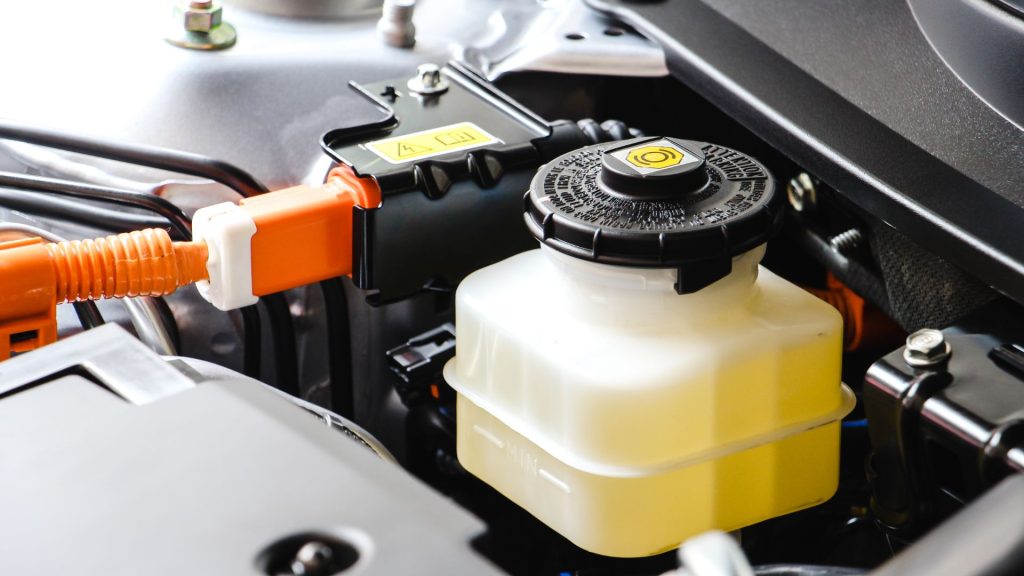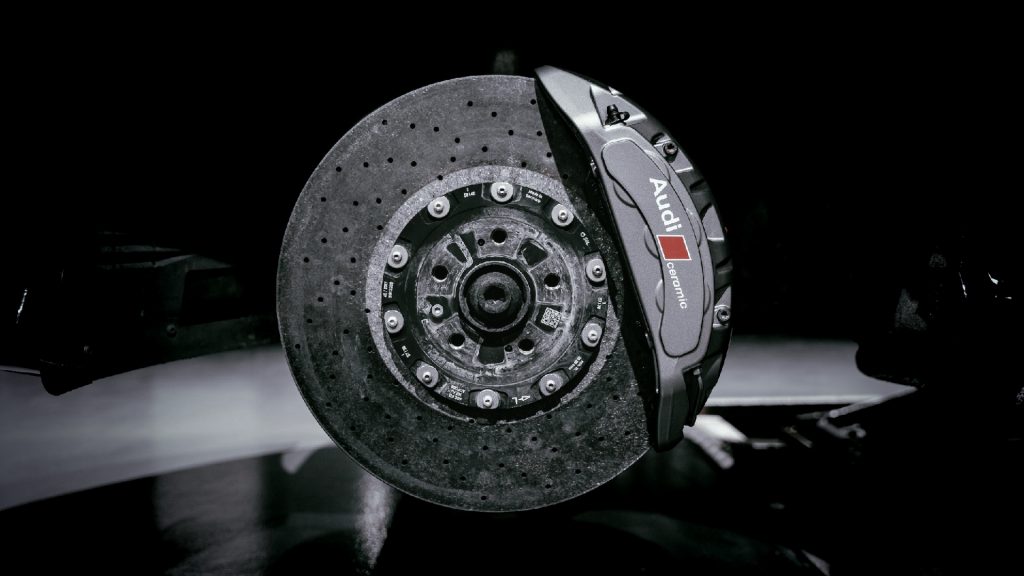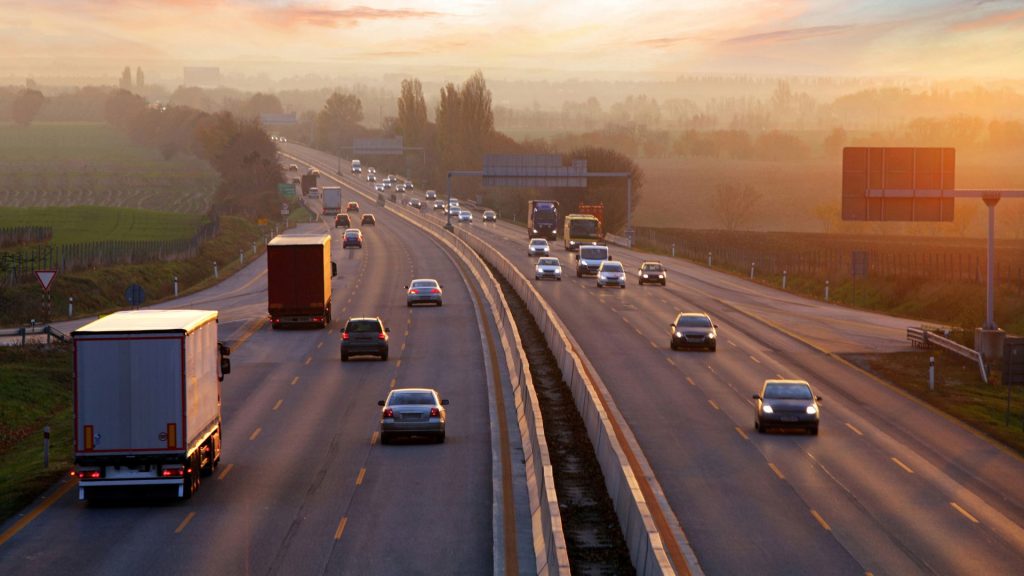Clunking noise when braking – causes and fixes
Understand the unexpected cause behind the irritating clunking noise experienced during braking.

Everyone loves the feeling of driving a safe car. Whether on long road trips with the family or a dash to the grocery shop, it feels great to know that your vehicle is in excellent condition. On the other hand, we all get uncomfortable and worried when we feel or hear something strange in our cars.
Over time, vehicles can develop problems with constant use, which may lead to devastating results if unattended. Some of these problems can be caused by your driving habits, while others are bound to happen at one point or another. A common problem that poses harm for both driver and the vehicle is a clunking noise when braking. In this article, we point out the causes, dangers, and steps to take to solve clunking noises when braking.
What does a clunking noise mean when braking?
When applying the brakes in a car, the process is noiseless in a faultless vehicle. The creaking or clunking sound you might hear when you use the brakes in your car indicates something off about the vehicle and should undergo inspection immediately.
In some cases, it points out that the braking system is faulty; however, it could be a much more complicated issue. If you just had your braking system serviced, it is advisable to consult a professional to inspect the vehicle.
Can worn brake pads cause clunking noise?
Worn brake pads are one of the most common causes of the clunking noise you hear when braking. Brake pads help grip the rotors on a vehicle to generate friction that slows the car down and brings it to a stop. Brake pads can only last for a specified period, meaning they wear out afterward.
When the brake pads get severely worn out, they fail to provide the needed grip on the rotors to slow the car down and thus produce the clunking sound you hear. Driving with worn-out brake pads is a dangerous risk as they have lost the ability to slow the vehicle down, leading to crashes that can prove fatal. Regularly inspecting your brake pads is a suitable way to avert this mishap.
Other causes of clunking noise when braking
Apart from worn brake parts, you might hear a clunking noise when you apply the brakes could occur due to any of the following reasons;
Loose bolts
When servicing your vehicle, it is important to tighten all the bolts firmly. The clunking noise you may hear when braking could result from loose bolts. Loose bolts not only cause your vehicle to make a clunking noise, but they can also be a risk to the driver as they can cause the vehicle to skid and crash. To avoid this, ensure that all the bolts get tightened firmly.
Low brake fluid

One of the more complicated causes of the clunking noise you hear when braking arises when the brake fluid is low. Brake fluids transfer force into pressure and increase the braking force. Liquids generally are not easily compressible; thus, when the brake fluid is lower than the minimum limit, air can easily creep into the vacuum and shorten the braking force.
The effect results in the noise you hear and can cause other severe problems. Before driving, drivers must check the brake fluid level and top it off to avoid accidents related to low brake fluid.
Damaged or faulty shock absorbers
The comfortable feel and smooth ride you get even when driving on rough roads result from perfectly working shock absorbers. However, constantly driving through rough and uneven roads can damage or weaken the shock absorbers in the long run, and this can cause the clunking noise you hear when braking.
Faulty or damaged shock absorbers can lead to the loss of a vehicle’s handling. It is no new thing that an accident is inevitable when a car loses its handling. When you start hearing a clunking noise when braking or lose handling of your vehicle, it is about time you looked at your shock absorbers because they just might be damaged.
Damaged rotors
The rotor in your vehicle is the circular steel material attached to each wheel. The brake pads grip onto the rotors to slow down the car. Over time, rotors get damaged or warped and hence cannot function in sync with the brake pads, and this can cause the clunking noise you hear when braking.
Damaged rotors also cause a squealing sound. Warped rotors can further affect the brake pads and cause them to wear out much faster. Consider replacing the rotors to combat the problem.
Worn brake calipers

Brake calipers are responsible for squeezing the brake pads against the rotors to slow down the vehicle’s wheel. This action helps slow down the car and eventually brings it to a halt. A significant cause of worn-out brake calipers is warped rotors.
When the brake calipers get worn out, they fail to provide the brake pads with contact with the rotors to slow down the vehicle’s wheel. The effect of worn-out brake calipers can lead to dangerous crashes. In addition, when the brake calipers are not correctly aligned, it can also lead to a total loss of braking power. It is vital to have your vehicle attended to by professionals who can take note of these cases.
Loose or seized brake calipers
In addition to worn brake calipers causing the clunking noise when braking, loose brake calipers are also notable causes of the clunking noise you hear when braking. When a vehicle is left unused for an extended period, the brake calipers can become seized due to rust accumulation, and this can cause them to malfunction.
If you haven’t used your car in a while, it is essential to have it serviced before usage as it may have developed unknown faults that can cause accidents when left unattended.
Worn or damaged control arms
A variety of problems can arise from a damaged or worn control arm. The control arm links the chassis and suspension and can cause severe problems when damaged. A damaged control arm can lead to unstable steering, uneven tire wear, a popping noise when driving, clunking noise when braking, etc.
What causes clunking sounds in the front end?
In cases where you experience the clunking sound from the front end, it could be caused by any of the following;
Broken control arms or suspension
Broken control arms or suspension arise from the usage of the vehicle for regular offroading escapades. When driving offroad, the vehicle’s suspension gets tasked highly, and if not adequately built for the task, it can get damaged or fall out of alignment. If the damaged suspension is left unrepaired, it can lead to more severe damage to the vehicle.
Excess gap between the brake caliper and the rotor
As mentioned earlier, the brake calipers help squeeze the brake pads in contact with the rotors. In cases where there is an excessive gap between the calipers and the rotor, the connection needed to slow the vehicle down would be unavailable, and this can cause the clunking sound you hear in the front end.
Loose bolts
When the bolts that hold the brake calipers in place are loose or seized, this can hinder the calipers from functioning correctly, hence the clunking sound you hear. To correct this fault, ensure that all the bolts get tightened firmly.
Is it safe to drive with a clunking noise?

No, it is not advisable to drive with a clunking noise. When you hear a clunking noise when braking, it means something is wrong with your vehicle. As we pointed out earlier, these problems could range from common causes like worn-out brake pads, loose bolts, and low brake fluids.
Continuing to drive with a clunking sound is bad for you and your vehicle as you could be exposed to further damage. When you notice a clunking noise coming from your vehicle, you should contact a professional to inspect the car and find the cause. Ignoring the noise and using the vehicle in that condition can lead to fatal accidents and damage to the car.
Solutions to clunking noise when braking
In the long run, vehicles develop different faults that occur naturally and result from the driver’s handling of the car. However, in the case of clunking noises when braking, you can take a few steps to mitigate or completely solve the problem. Some of the steps are;
Adjust the brake calipers
Brake calipers that have been misaligned and hence cause the clunking noise when the brakes are applied can be adjusted or realigned into their proper positions, which can correct the clunking noise error when braking.
Replace damaged rotors
Damaged or warped rotors are a significant cause of noises when braking. A simple step to correct the clunking noises you hear when braking is to have the damaged rotors replaced with new ones.
Check for fluid leaks
Low brake fluids can arise from leakage, and this causes air to seep into the vacuum, reducing the braking power. It is vital to check for fluid leaks and have them sealed accordingly. Also, in cases with no leaks, ensure to top off the brake fluid when it approaches the minimum limit.
Replace worn-out brake pads
Worn-out brake pads are also a significant cause of the clunking noise when braking. It is essential to inspect the brake pads regularly and have them replaced when they get worn out.
Check for damaged tires
Constantly inspecting your vehicle’s tires can help you spot irregularities or damages that may have developed over time. Damaged tires contribute to the clunking noise you hear when braking as they tend to interfere between the brake pads and calipers.
Our take
When we use our vehicles regularly, they tend to develop different faults. As earlier mentioned, some defects result from the driver’s vehicle handling. In other cases, the defects develop naturally, like brake pads that wear out from prolonged usage. However, carrying out a regular inspection on your vehicle can help avert some of these problems.